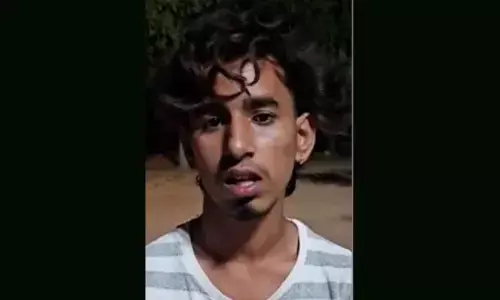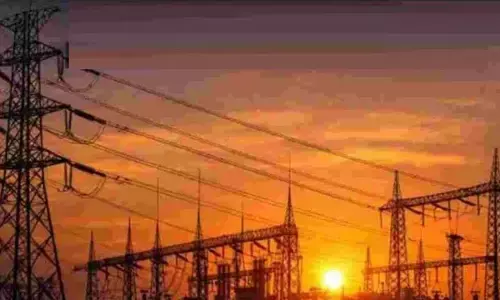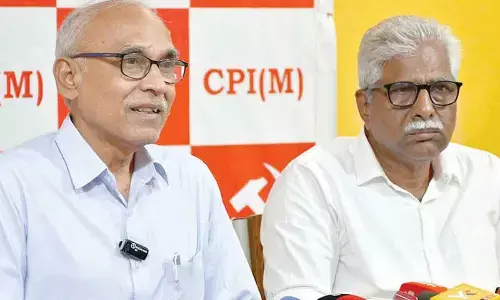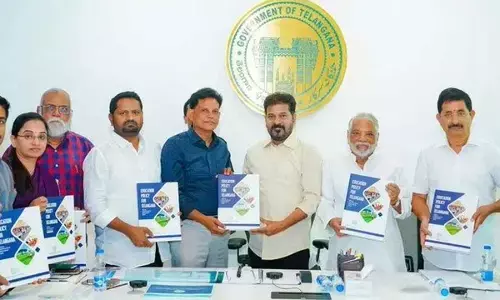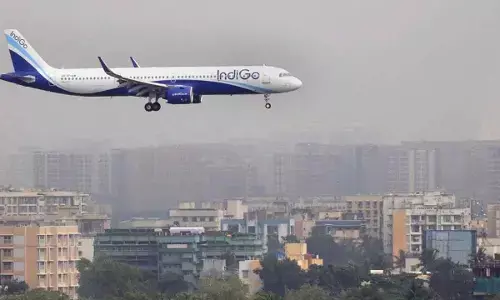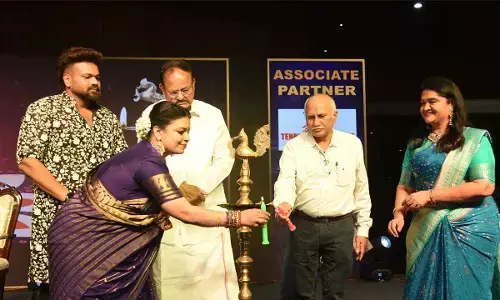Recent Supreme Court judgment on contempt is alarming
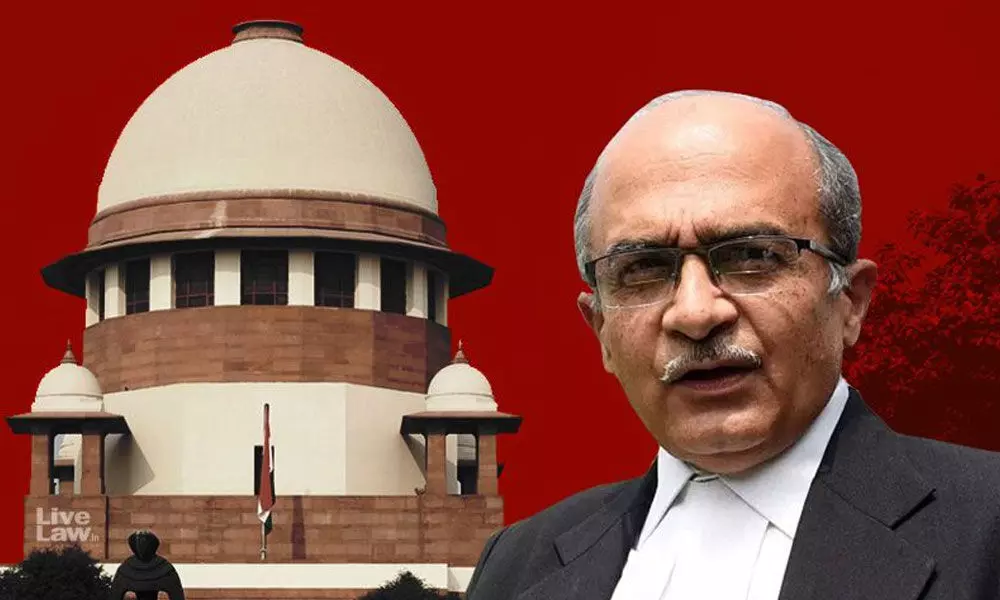
Recent Supreme Court judgment on contempt is alarming
- Yet another self-inflicted wound on the Supreme Court
- Creates bad precedent, hampering free speech and fair criticism of judiciary
All India Lawyers Union (AILU) expresses its deep concern and anguish over the recent judgment of the Supreme Court in the matter of contempt. The judgment of the Supreme Court finding Prashant Bhushan guilty of contempt creates bad precedent hampering free speech and fair criticism of the Supreme Court and the judiciary; on the role of the Supreme Court in democracy in India.
Judgments of the Supreme Court of India in various milestone cases such as *A K Gopalan case, Bank nationalisation case, Keshavananda Bharati case, A D M Jabalpur case, Maneka Gandhi case, S R Bommai case, Fourth judges case, Privacy judgment, Aadhar case, Sabarimala case etc. have got immense impact on democracy in India. Whether the impact is positive or negative is only a matter of opinion. It is rather a political question than juridical.
Democracy is more than periodic election and legislative supremacy. It has got substantive contents as secularism, tolerance, freedom, reasonableness etc. Above all, democracy cannot exist without protection of civic rights and individual human rights-rights so essential- that they must be insulated from the power of the majority.
For the Supreme Court, to travel from A K Gopalan* to Maneka Gandhi * it took more than 25 years. Despite *Keshavananda Bharati* case judgment of 13 judges bench proclaiming basic structure doctrine and its inalienabilty, even by way of constitutional amendment, Supreme Court could not protect people's right to life and liberty under Article 21 of the Constitution of India during Emergency. It declared in ADM Jabalpur case by majority that during Emergency people's right to life under Article 21 cannot be agitated before the Supreme Court even under Article 32 of the Constitution and Supreme Court is incapable of protecting such rights. Justice H R Khanna dissented holding that no presidential order of Emergency can touch Article 21 and 32 of the Constitution and right to life under Article 21 can be agitated before the Supreme Court and protected under Article 32 of the Constitution. He paid the price. It is history.
Now, the Supreme Court in the Prashant Bhushan contempt judgment observes "it is common knowledge, the Emergency era has been considered as the blackest era in the history of Indian democracy". But in the ADM Jabalpur case Supreme Court never said so; Supreme Court by majority was protecting the executive in their gross violation of democracy, right to life and personal liberty including free speech. *ADM Jabalpur case* was overruled only in the *Privacy judgment* of the Supreme Court, almost after 40 years, in the year 2015.
So, necessarily no student of Constitution, democracy and politics can escape from close scrutiny and examination of the role of the judiciary and the Supreme Court in democracy in India. Ultimately it will be a political opinion which could not be interdicted as role of the Supreme Court or its chief justices and judges are referred to.
Just like the observation of the Supreme Court that it is common knowledge, the Emergency era has been considered as the darkest era in the history of Indian democracy the tweet of Prashant Bhushan "When historians in future look back at the last six years to see how democracy has been destroyed in India even without a formal emergency, they will particularly mark the role of the Supreme Court in this destruction, and more particularly the role of the last for CJIs" is only an opinion.
In the contempt judgment Supreme Court says that "we are not concerned with the first part of the tweet since it is not concerned with this Court". The Court also held "We don't want to go into the truthfulness or otherwise of the first part of the tweet in as much as we don't want to convert this proceedings into a platform for political debate". So, ultimately whether there has been destruction of democracy in India during the last six years even without a formal emergency is a political question and political opinion protected by freedom of expression and free speech under Article 19(1) of the Constitution of India, by which bona-fide fair criticism of the Supreme Court, its judges and the judiciary is protected
As Krishna Iyer observed in *Re:S.Mulgaoker* "Court should be willing to ignore by a majestic liberalism, trifling and venial offences". Unfortunately the regret expressed by the Prashant Bhushan, the contemptner in the tweet no. 1, by way of clarification that he omitted to notice the fact that the bike was on its stand and not moving is not considered in its proper spirit by holding him guilty for the contempt on this tweet as well.
The best way to sustain the dignity and respect for the office of judge is to deserve respect from the public at large by fearlessness and objectivity of the approach to the issues coming for decision, quality of the judgment, restraint, dignity and decorum of a judge observed in judicial conduct off and on the bench and rectitude. Court can uphold the dignity of courts and majesty of jugdes on broad shoulders and shrug off comments.
The trajectory of law of contempt of court reflected in plethora of precedences illustrates the scary subjectivity in exercising the contempt jurisdiction. It looms large particularly in these times when members of the judiciary make subjective statements and comments which are not good for judiciary's independence.
In statement of P Shiv Sankar's case, a former judge of High Court and Union Law Minister P Shiv Sankar that Supreme Court was composed of elements from elite class that because they had their unconcealed sympathy for the haves is held to be not a statement in contempt of court.
Even though the precise formulation of Prashant Bhushan in his tweets in question is not agreeable for all court should not have held him guilty of contempt as it would cause chilling effect on free speech and bona-fide and fair criticism of judiciary and the Supreme Court on its role in Indian democracy.
A strong independent and fearless bar is precondition for an independent strong judiciary. As Justice Krishna Iyer observes if judges have frailties, after all they are human-they need to be corrected by independent criticism. If the judicature has serious shortcomings which demand systematic correction through social oriented reform initiated through constructive criticism, the contempt power should not be an interdict. All this, far from undermining the confidence of the people in courts, enhances it and in the last analysis cannot be repressed by in indiscriminate resort to contempt law.
Even body like the Law Commission or the Law Institute and researchers, legal and sociological, run contempt risks because their professional work may sometimes involve unpleasant criticism of judges, judicial process and the system itself and they hover perilously around the periphery of the law if widely construde. Creative legal journalism and activist statemanship for judicial reform cannot be jeopardized by any undefined apprehension of contempt action.
All India Lawyers Union(AILU) being an organisation committed to democracy, freedom of expression, free speech, liberty, rule of law and independence of judiciary is very much concerned about the judgment and its negative and chilling impact on bona-fide and fair criticism of the judiciary and hope that this may on this Independence day, trigger an informed debate over abolition of the criminal contempt under contempt of court act and undefined unregulated contempt jurisdiction of the Supreme Court under Article 129 of the Constitution of India. We hope that Supreme Court itself would recall the judgment by any curative process review or otherwise.
(The authors are National Vice President and National Secretary, AILU National Committee respectively)


